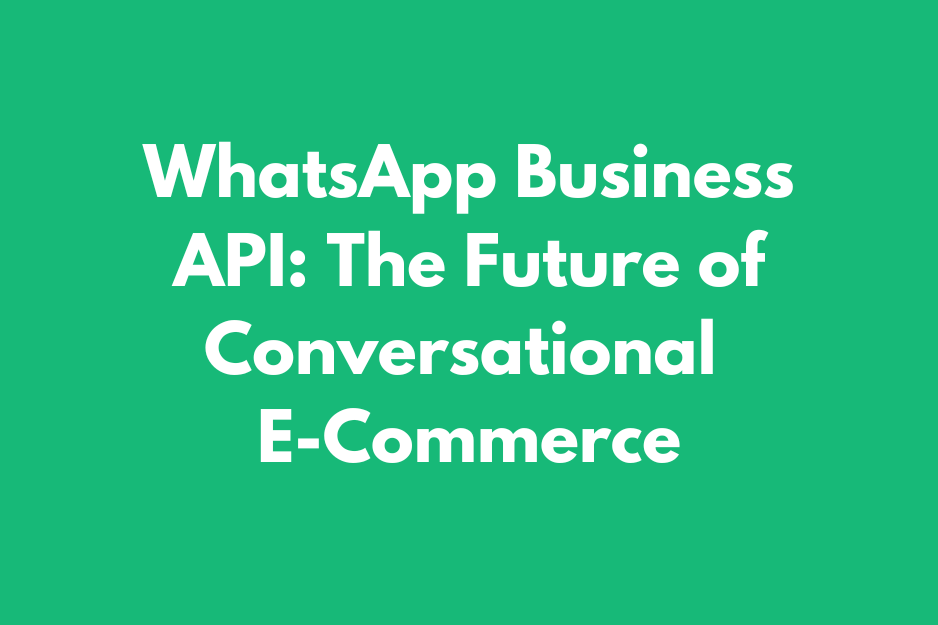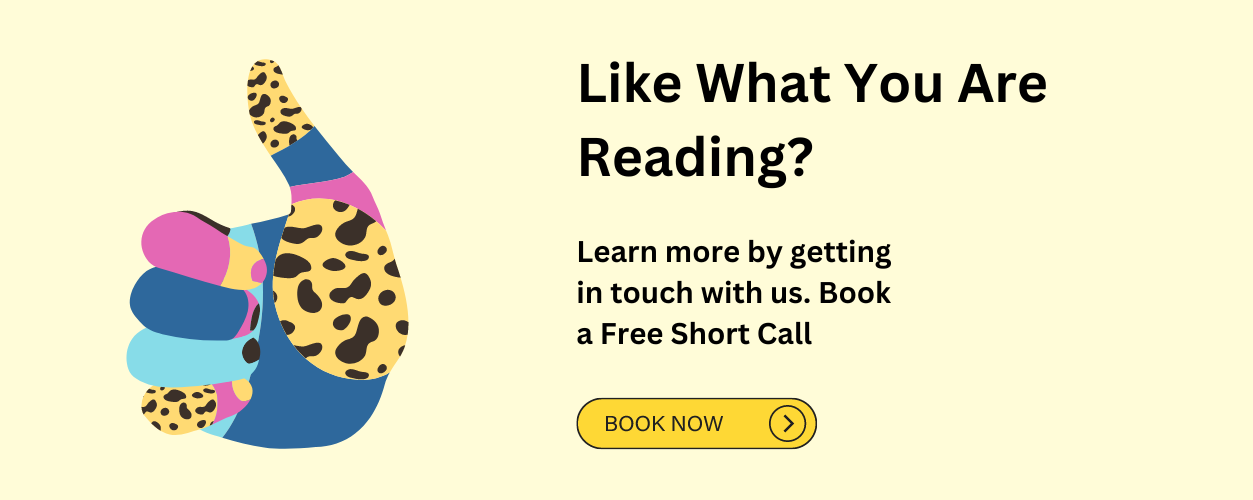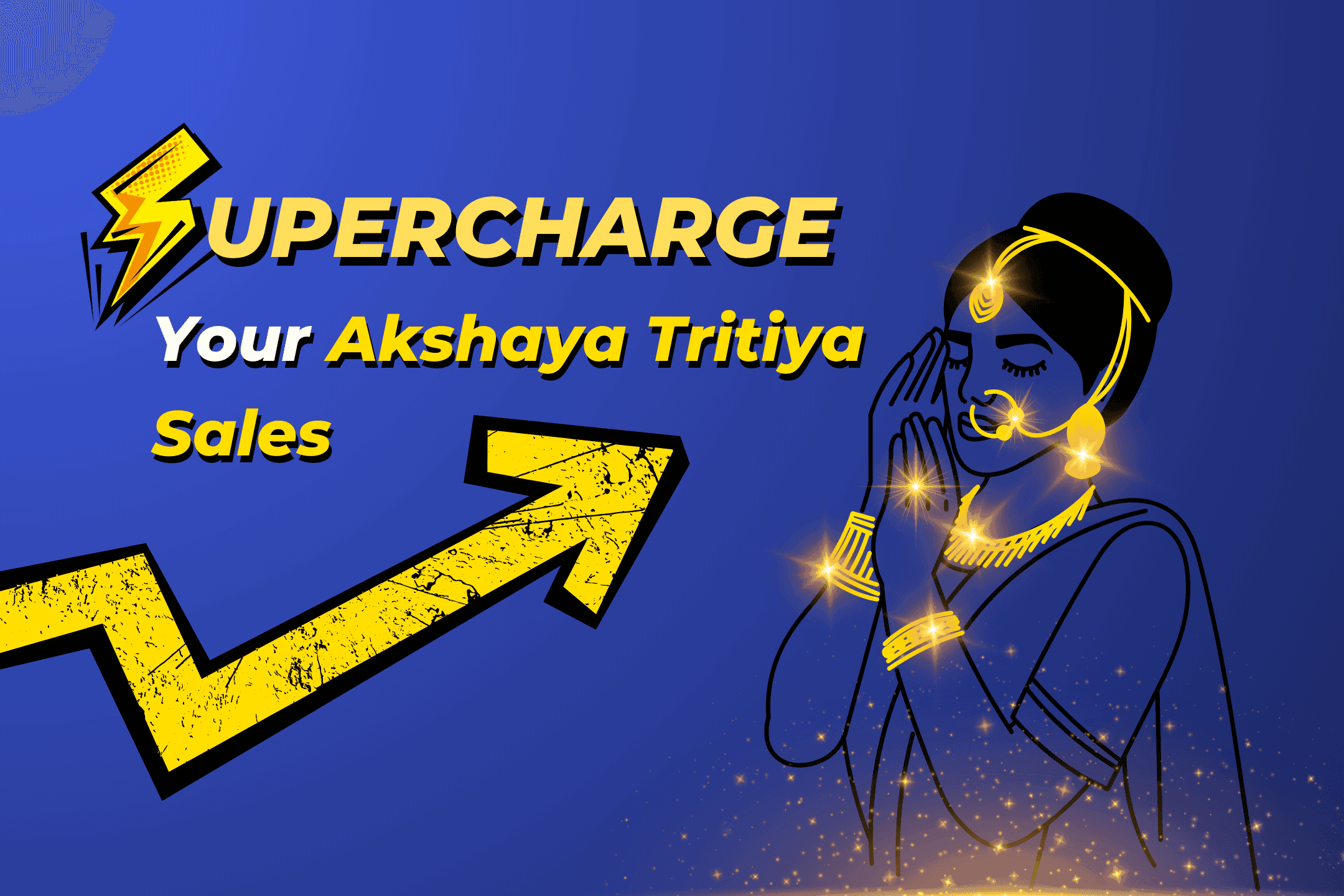Contents
- WhatsApp Business API Enables End-to-End Buyer Journeys
- WhatsApp Business API Offers a Wide Range of Features for E-Commerce
- Business Profiles
- Message Templates
- AI-Powered FAQ Engines
- Integrations
- Verification Badges
- Multi-Agent Access
- WhatsApp Business API Allows for Personalized and Targeted Communication
- WhatsApp Business API Offers a Low-Barrier-to-Entry for Small and Mid-Sized Businesses
- Benefits of Using WhatsApp API for Conversational E-Commerce:
- How to Set Up WhatsApp Business API for E-Commerce:
- Conclusion:
- FAQ's:
In the past few decades, technology has transformed the way businesses communicate with customers. From emails in the 90s to push notifications in the 2010s, each new development has helped brands build stronger relationships with their audience. Today, instant messaging apps like WhatsApp are revolutionizing customer communication once again, with a new trend known as conversational commerce.
But what exactly is WhatsApp conversational commerce? Simply put, it is the use of WhatsApp Business API to engage with customers in a 1:1 personal dialogue around a purchase instance. Since its launch in 2009, WhatsApp has become the go-to messaging platform for billions of users worldwide, making it an ideal choice for businesses looking to connect with their audience, and build an e-commerce platform on.

So, why is WhatsApp e-commerce the future of conversational commerce? Here are five reasons:
WhatsApp Business API Empowers E-Commerce through Natural Conversations
One of the key benefits of WhatsApp e-commerce is that it allows brands to communicate with customers in a natural, familiar way. Instead of being directed to a separate website or landing page, customers can browse products, place orders, and receive personalized recommendations all within the WhatsApp chat window. This creates a seamless, end-to-end shopping experience that feels more personal and intuitive.
WhatsApp Business API Enables End-to-End Buyer Journeys
With WhatsApp, businesses can bring all their customer touchpoints together in a single platform to create a comprehensive shopping experience. From catalogs to customer service inquiries to abandoned cart reminders, WhatsApp unifies virtually every point of contact in one complete space. This is especially important for small and medium-sized businesses (SMBs), who may not have the resources to maintain a standalone e-commerce website or customer service center.
WhatsApp Business API Offers a Wide Range of Features for E-Commerce
Whether you're using the free WhatsApp Business app or the WhatsApp Business API, there are a variety of features available to support your e-commerce efforts. Some of the key features include:
Business Profiles
With a WhatsApp Business profile, you can share important information about your company, such as your location, business description, email address, and website. This helps establish your brand identity and build trust with customers.
Message Templates
Message templates allow you to create pre-approved formats for common customer inquiries, such as order updates or return requests. This helps streamline communication and ensure that your responses are always concise and valuable to the recipient.
AI-Powered FAQ Engines
An FAQ chatbot trained on WhatsApp can assist with common customer queries and reduce drop-off rates. This is especially helpful for handling after-sales inquiries or directing users to the appropriate resources.
Integrations
With the WhatsApp Business API, you can integrate your external tools and systems to create a highly personalized user experience. This could include CRM systems, payment gateways, or any other third-party software that you use to run your business.
Verification Badges
A "Verified" WhatsApp Business account lets customers know that you are a legitimate business. This can help build credibility and increase customer loyalty.
Multi-Agent Access
The WhatsApp Business API allows you to attend to multiple users at the same time, ensuring that no one is left waiting in a queue or unattended. This is especially useful for businesses with a high volume of customer inquiries.
WhatsApp Business API Allows for Personalized and Targeted Communication
One of the key benefits of using WhatsApp as a channel for e-commerce is that it allows businesses to communicate with their customers in a personalized and targeted way. With the ability to segment customers based on their interests, behaviors, and purchase history, businesses can send highly relevant and personalized messages that are more likely to drive engagement and sales.
WhatsApp Business API Offers a Low-Barrier-to-Entry for Small and Mid-Sized Businesses
WhatsApp is an accessible and cost-effective way for small and mid-sized businesses to reach and engage with their customers. Unlike other e-commerce channels that can be expensive and time-consuming to set up, WhatsApp requires minimal upfront investment and can be up and running in a matter of minutes. This makes it an ideal choice for businesses that are looking to quickly and easily establish a presence in the e-commerce space.
Benefits of Using WhatsApp API for Conversational E-Commerce:
There are many benefits to using the WhatsApp Business API as a channel for conversational e-commerce. Some of the key benefits include:
High Open and Click-Through Rates: WhatsApp has extremely high open and click-through rates, making it an effective way to reach and engage with customers.
Global Reach: With over 2 billion users worldwide, WhatsApp has an unparalleled global reach. This makes it an ideal platform for businesses looking to expand their reach and connect with customers around the world.
Cost-Effective: WhatsApp is a relatively cost-effective way for businesses to reach and engage with their customers. Unlike other channels that require expensive ad spend, businesses can use WhatsApp to connect with their customers at no cost.
- WhatsApp Facilitates Cross-Channel Integration: In today's multi-channel world, it's important for businesses to be able to seamlessly integrate their various communication channels. With WhatsApp, businesses can easily integrate the platform with their other marketing and sales channels, such as email, social media, and website. This allows businesses to create a seamless and cohesive customer experience across all channels.
How to Set Up WhatsApp Business API for E-Commerce:
Setting up a WhatsApp Business API for e-commerce is relatively straightforward. Here are the key steps that businesses need to take:
- Sign up for a WhatsApp Business account: The first step to setting up a WhatsApp Business API is to sign up for a business account. This can be done through the WhatsApp Business website.
- Set up a catalog: If you plan to use WhatsApp to promote and sell products, you'll need to set up a catalog. This can be done through the WhatsApp Business app or through a third-party tool like Shopify.
- Connect to a messaging platform: In order to use the WhatsApp Business API, you'll need to connect it to a messaging platform. There are a number of options available, including the WhatsApp Business API itself, as well as third-party platforms like Twilio or MessageBird.
- Integrate with your e-commerce platform: If you're using an e-commerce platform like Shopify, you'll need to integrate it with your WhatsApp Business API. This will allow you to manage your catalog and process orders and payments through WhatsApp.
- Test and optimize: Once you've set up your WhatsApp Business API, it's important to test and optimize it to ensure that it's working correctly. This may involve sending test messages, analyzing performance data, and making adjustments as needed.
Conclusion:
The WhatsApp Business API is a powerful tool for businesses looking to engage with their customers in a natural and intuitive way. With its high open and click-through rates, global reach, and range of features for e-commerce, it's no wonder that so many businesses are turning to the platform as a way to drive sales and build customer relationships.
FAQ's:
Q: What is the WhatsApp Business API?
A: The WhatsApp Business API is a tool that allows businesses to use WhatsApp to communicate with their customers in a natural and intuitive way. It offers a range of features, including support for catalogues, automated messages, and integration with e-commerce platforms.
Q: How does the WhatsApp Business API work?
A: The WhatsApp Business API works by connecting businesses to their customers through the WhatsApp platform. Businesses can use the API to send messages, process orders and payments, and engage with customers in real-time conversations.
Q: Can businesses use the WhatsApp Business API to send marketing messages?
A: Yes, businesses can use the WhatsApp Business API to send marketing messages to their customers. However, it's important to ensure that these messages are relevant and not spammy, as this can lead to customers unsubscribing or blocking the business.
Q: Can businesses use the WhatsApp Business API to sell products?
A: Yes, businesses can use the WhatsApp Business API to sell products to their customers. This can be done by setting up a catalog and integrating with an e-commerce platform like Shopify.
Q: Can businesses use the WhatsApp Business API to process payments?
A: Yes, businesses can use the WhatsApp Business API to process payments from their customers. This can be done through integration with a payment gateway or e-commerce platform.
Q: How can businesses optimize their use of the WhatsApp Business API?
A: To optimize their use of the WhatsApp Business API, businesses can analyze performance data, test different messaging strategies, and make adjustments as needed.
Q: Is the WhatsApp Business API available in all countries?
A: The WhatsApp Business API is currently available in a number of countries, but it is not yet available everywhere. Businesses can check the WhatsApp Business website to see if the API is available in their region.
Q: Can businesses use the WhatsApp Business API to communicate with customers in multiple languages?
A: Yes, businesses can use the WhatsApp Business API to communicate with customers in multiple languages. This can be done by setting up separate catalogs and messages for each language, or by using language translation tools to automatically translate messages.
Q: Is the WhatsApp Business API suitable for all types of businesses?
A: The WhatsApp Business API is suitable for a wide range of businesses, including small and mid-sized businesses, as well as large enterprises. It can be particularly useful for businesses that want to establish a personal and direct connection with their customers.
Q: Can businesses use the WhatsApp Business API to send automated messages?
A: Yes, businesses can use the WhatsApp Business API to send automated messages to their customers. This can be useful for things like appointment reminders, shipping updates, and abandoned cart notifications.
Q: Does the WhatsApp Business API support multimedia messages?
A: Yes, the WhatsApp Business API supports the sending of multimedia messages, including images, videos, and audio files. This can be a powerful way for businesses to engage with their customers and showcase their products and services.
Q: How does WhatsApp ensure the security and privacy of customer data?
A: WhatsApp takes the security and privacy of customer data very seriously. All conversations and transactions conducted through the platform are encrypted, and businesses are required to adhere to strict data protection policies.
Q: Can businesses use the WhatsApp Business API to send messages to customers outside of WhatsApp?
A: No, businesses can only use the WhatsApp Business API to send messages to customers within the WhatsApp platform. However, businesses can use other tools and channels, such as email or SMS, to communicate with customers outside of WhatsApp.
Q: Can businesses use the WhatsApp Business API to send messages to customers in other countries?
A: Yes, businesses can use the WhatsApp Business API to send messages to customers in other countries, provided that the API is available in those countries.
Q: Is it possible to integrate the WhatsApp Business API with other business systems and tools?
A: Yes, it is possible to integrate the WhatsApp Business API with other business systems and tools, such as CRM systems, payment gateways, and marketing automation platforms.
Q: Is there a limit to the number of messages that businesses can send through the WhatsApp Business API?
A: There is a limit to the number of messages that businesses can send through the WhatsApp Business API, but this limit varies depending on the messaging platform and other factors. Businesses can check with their messaging platform provider for more information on message limits.
Q: Can businesses use the WhatsApp Business API to send messages to customers who have not opted in to receive them?
A: No, businesses can only use the WhatsApp Business API to send messages to customers who have specifically opted in to receive them. This is to ensure that businesses are not spamming their customers and that customers have a positive experience with the platform.
Q: Does the WhatsApp Business API offer customer support and resources for businesses?
A: Yes, the WhatsApp Business API offers customer support and resources for businesses, including documentation, tutorials, and best practices. Businesses can access these resources through the WhatsApp Business website and app.
Q: Can businesses use the WhatsApp Business API to send messages to customers on both iOS and Android devices?
A: Yes, businesses can use the WhatsApp Business API to send messages to customers on both iOS and Android devices. The WhatsApp app is available on both platforms, making it easy for businesses to reach their customers regardless of the devices they are using.

